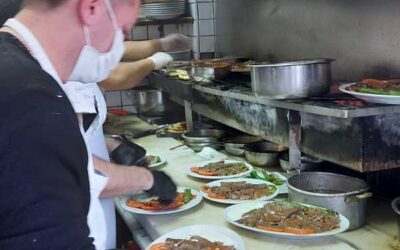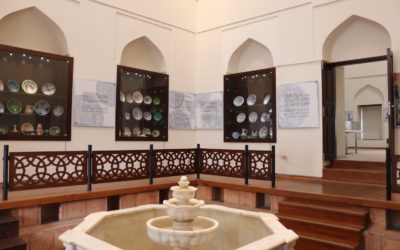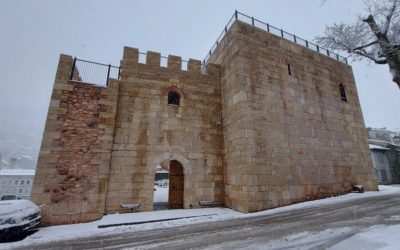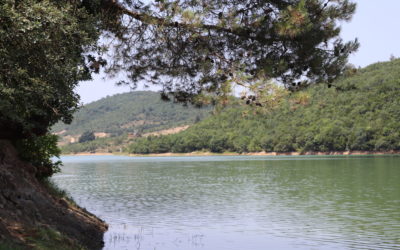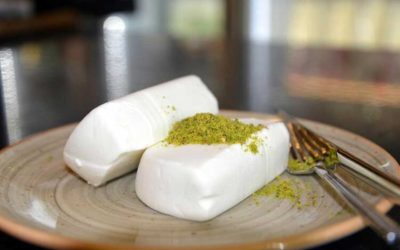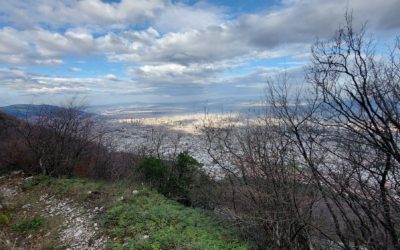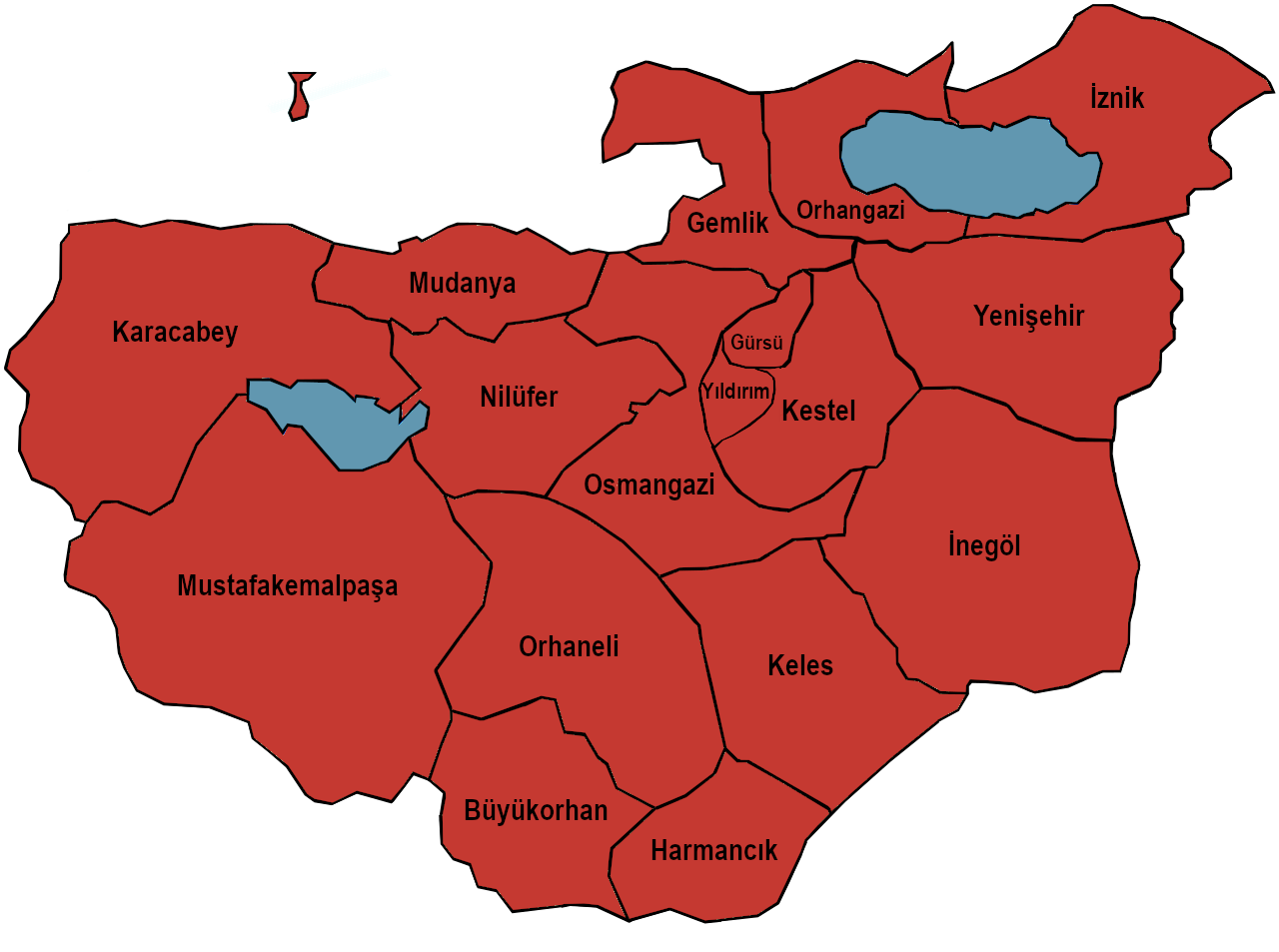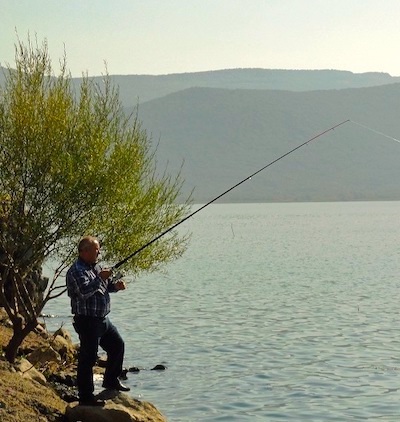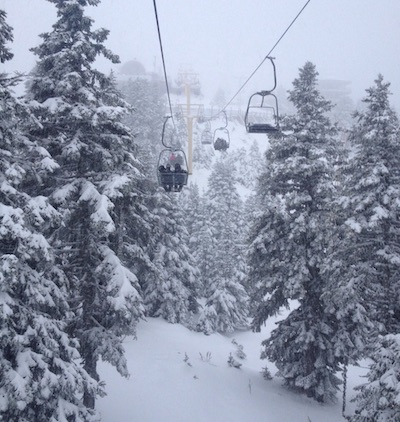Welcome
Welcome to The Best of Bursa, a site introducing travelers and “wanderlusters” to the neat places and people of Bursa, Turkey. As you browse this site, we hope that you will not only learn a bit about Bursa and its features, but that you will also be encouraged to visit this city and meet some of the wonderful people who make it great. If you’re newly joining us…
Our Blog
Iskender: Bursa’s Meat Treat
Iskender Kebab is a name that is closely tied to Bursa. It can even be called Bursa’s signature dish. Iskender Kebap is a meat dish consisting of...
City of Artisans: Iznik Ceramics
Bursa is a city of artisans. From woven silks to shadow puppetry, the variety and expertise is astounding. One of Bursa’s most unique historical...
Bursa’s Beginnings
Historians tell us that Prusias I, the king of Bithynia, laid out the city plans for Bursa with the aid of Hannibal, the famous Carthaginian...
Pond Hopping in Nilufer
We set out as a family one particularly beautiful summer morning. Our goal was to find a quiet, natural environment with water where our kids could...
Stretchy Ice Cream
Ice cream is a common treat in many cultures, but Turkey has a recipe that’s all it’s own. Maraş Dondurma (mah-rash don-dur-mah) is most fondly...
Beyond the Village - Part 3
Zeyniler Village can be a beginning point for hiking further up the mountain. Unfortunately, if you get off the service roads,…
Approved by Karagöz and Hacivat
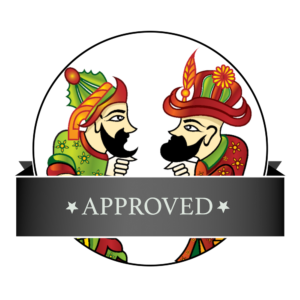 Karagöz and Hacivat are famous Turkish shadow puppets and, as far as I can tell, the unofficial ambassadors of Bursa. Loved by all, these two entertaining characters are found everywhere in Bursa–in shops, on billboards, in books, on posters, even inlaid in tile patterns. Bursa has a nicely curated Karagöz Museum and is home to some of Turkey’s most famous master shadow puppeteers. The highly acclaimed Karagöz International Shadow Puppet Theater Festival is biennially hosted in Bursa.
Karagöz and Hacivat are famous Turkish shadow puppets and, as far as I can tell, the unofficial ambassadors of Bursa. Loved by all, these two entertaining characters are found everywhere in Bursa–in shops, on billboards, in books, on posters, even inlaid in tile patterns. Bursa has a nicely curated Karagöz Museum and is home to some of Turkey’s most famous master shadow puppeteers. The highly acclaimed Karagöz International Shadow Puppet Theater Festival is biennially hosted in Bursa.

